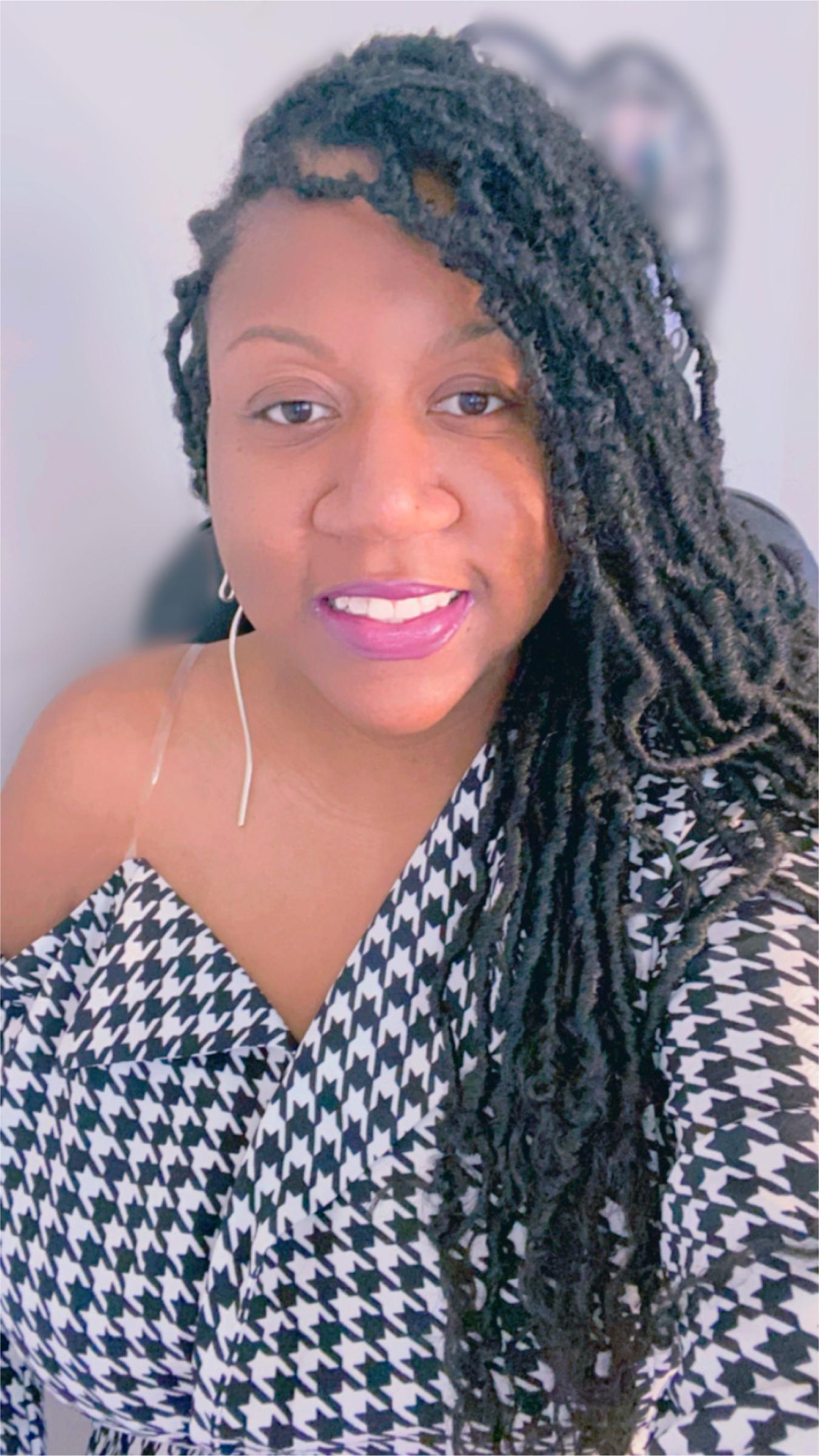Learning How To Live By Your Own Validation

From the time we’re young, many of us are taught to measure our worth by how others respond to us — gold stars, applause, praise for hitting milestones. That early conditioning can follow us into adulthood, where external validation becomes a driving force: approval from a boss, likes on social media, affirmation from friends or partners. When that validation doesn’t come, it can feel like we’ve failed.
But what if we shifted the center of gravity? What if validation didn’t need to be earned, but cultivated from within?
Learning to release our dependence on outside approval is a practice — often uncomfortable, always transformative. Developing self-validation can reshape how we move through the world, how we make decisions, and how we honor our needs without apology.
In this piece, Her Agenda explores practical tools and mindset shifts that can help you build internal confidence and reclaim your power. Because when you learn to validate yourself first, everything else changes.
Step 1: Rewire The Reward System
“Self-acceptance requires rewiring the reward system from external to intrinsic validation,” said Dr. Sydney Ceruto, PhD in Cognitive and Behavioral Neuroscience (NYU), MS in Clinical and Business Psychology (Yale), Neuropsychologist and Founder of MindLAB Neuroscience. “This happens through what I call ‘dopamine recalibration.’ Stop seeking external validation. Instead, map your own dopamine baseline, when do you naturally feel capable, focused, engaged? This isn’t meditation. This is neurophysiology.”
Sydney said when you learn to recognize and trust your internal dopamine signals, the prefrontal cortex gradually reclaims authority over the amygdala. Over time, typically 8-12 weeks with consistent practice, the brain stops demanding external proof of worthiness.
Step 2: Understand That Thoughts Create Powerful Feelings
“By understanding that thought creates feeling — not external approval,” said Kay Tear, leader at BSc Business Psychology. “Practices like self-reflection, mindfulness, and cognitive reframing calm the default mode network (the brain’s “selfing” system), reducing rumination and comparison. Repetition of self-affirming thoughts rewires neural pathways, fostering an internal sense of safety.”
Furthermore, forming an opinion of yourself is not only healthy but necessary. Solitude is an important element to become acquainted with. Where there is room to compare, there is competition; and the best competitor is yourself.

Step 3: Reliance On Social Media Validity Is Unhealthy And Unjust
Likes, emoji’s, GIFs and so forth have become a social norm of acceptance and credibility. These particular elements can be detrimental to one’s health, specifically one’s mental health.
According to Jeremy Dean, PhD, Psychologist founder and author of PsyBlog, the negative effects of social media dependency to validation are:
- Over-reliance on external approval can diminish self-worth.
- Social comparison can lead to anxiety, depression, and low self-esteem.
- Seeking validation through social media can create a distorted self-image.
- Fear of rejection can prevent individuals from expressing their true thoughts and feelings.
- Chasing validation can lead to inauthenticity, where people conform rather than stay true to themselves.

Step 4: Begin To Accept Yourself And Find Contentment Within
Validation for oneself starts within. If you have to use affirmations, talk to yourself in the mirror daily, recite mantras, or write down things you like about yourself, do it. Self-validation only works if you believe your thoughts. Start each day positive, clear your mind, find something positive to be appreciative for, and find gratitude within yourself.
“Use mindfulness and self validation skills,” said Ciara Bogdanovic, Owner and Founder at Sagebrush Psychotherapy. “To begin with self acceptance you must first understand yourself which is where the mindfulness comes in. Observe your emotions and thoughts without judgement. Explore with curiosity instead of self criticism.”
Ciara said self validation is making sense of your reactions through your current and historical context and telling yourself, “It makes sense I feel this way”.






